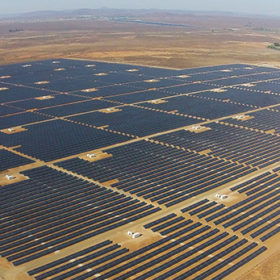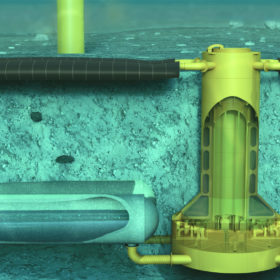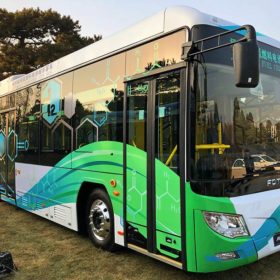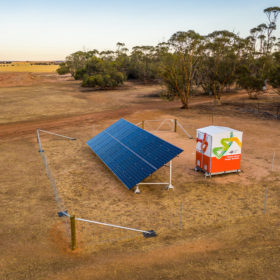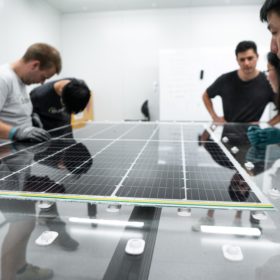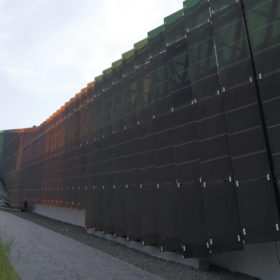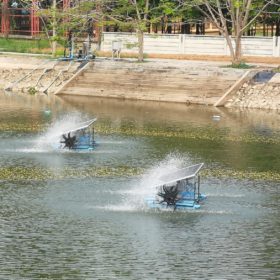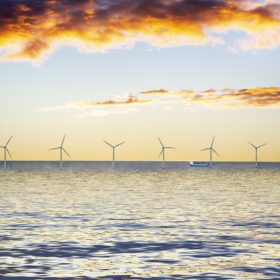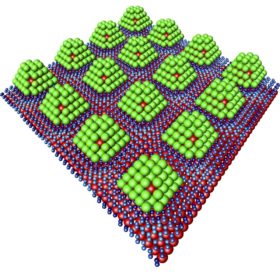162MW Columboola Solar Farm successfully connects to network
The 162MW (AC) Columboola Solar Farm in the Western Downs of Queensland between Chinchilla and Miles has been successfully connected to the transmission network. QLD government-owned CS Energy has agreed to purchase 100% of the solar farms approximately 440GWh of annual clean energy for the next 10 years.
US scientists explore how to compensate battery owners for grid value
Current price signals to distributed battery owners “do not align with grid value,” says a study from the Lawrence Berkeley Laboratory.
Utility scale ocean battery, a bedfellow for floating PV
A new underwater battery storage technology is coming from Netherlands-based Ocean Grazer to address the issue of offshore long-duration storage. The company’s Ocean Battery is touted as innovative yet simple, based on existing technology, and capable of enhancing marine life along the way.
Foton, BOC to collaborate on scaling Australia’s hydrogen bus sector
Vehicle manufacturer Foton and gas company BOC have signed an agreement to develop the hydrogen bus sector in Australia and New Zealand, allowing technology they say is already “widely used” around the world to become affordable in a region where it is still nascent.
Farmers go off-grid as 19 solar-based standalone systems installed on WA’s southern coast
Western Australia’s state-owned electricity company Horizon Power has installed 19 solar + battery standalone power systems for farmers in Esperance on the state’s southern coast.
‘Ultra low-cost solar’ gets a $40 million R&D boost from ARENA
The Australian Renewable Energy Agency has announced $40 million in research and development funding is up for grabs across two streams. Stream 1 consists of cells and modules, and Stream 2 is focused on balance of system along with operations and maintenance. It is hoped the additional funding will spur Australia’s pioneering solar research to push for the federal government’s “ultra low-cost solar” target of $15/MWh.
Weekend read: BIPV no refuge
Deployment in the building integrated PV segment is accelerating, and so too are the number of solar products available to architects and developers. And while BIPV had long been the segment in which an array of thin-film technologies could shine, they are now in increasingly stiff competition with crystalline silicon rivals.
Weekend read: Solar-plus-storage for aquaculture aeration
Recent research from Thailand has shown that solar-plus-storage on floating platforms could be the cheapest option to power energy-intensive aeration systems in aquaculture projects. The battery accounts for around 54% of the capital costs, which is why system sizing would be key for economic viability.
Electrolyser tech to produce hydrogen from seawater
With a new start-up and a consortium in the Netherlands, German automotive supplier Schaeffler wants to significantly reduce the costs of green hydrogen.
Storing hydrogen with ‘nano-chocolates’
German scientists have developed a novel hydrogen storage method that relies on nanostructures – tiny nanoparticles made of the precious metal palladium – instead of high pressure and lower temperatures.
